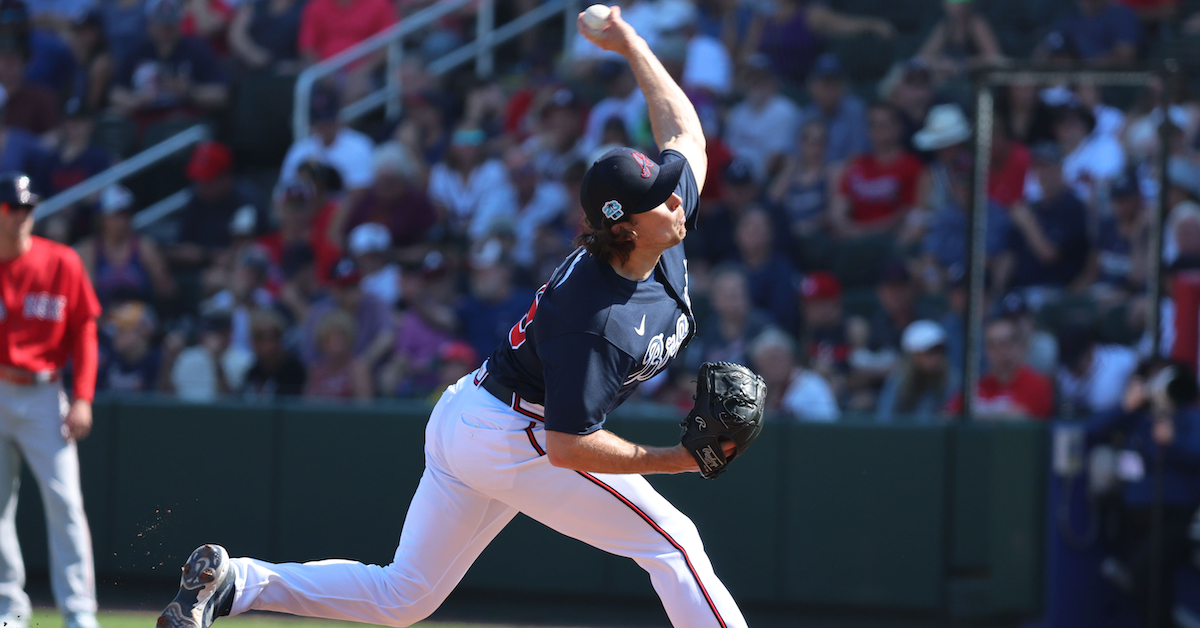A Starter’s Pistol Update to the Top 100 Prospects List (and more), feat. Dylan Dodd

The ribbon has been cut on the 2023 season and I wanted to push a few prospect updates live to The Board, including a few tweaks to the Top 100 list. This update also includes publication of scouting reports such that every rookie currently on an active roster now has a current record on The Board, and a few additions the farm systems I’ve already audited during this cycle based on things I saw during spring training.
Let’s start with injury-related updates to the Top 100. Phillies top prospect Andrew Painter has a partially torn UCL and is approaching the end of his four-week shutdown period. Rule of thumb: Among a similarly talented group of players, you’d most want to have the healthy guys. Painter slides from fifth overall to 12th, right behind newly minted big leaguers Anthony Volpe and Jordan Walker, who are comparably talented, healthy, and making a big league impact right now. This is just a cosmetic change to the list; Painter’s evaluation hasn’t changed. If it turns out he needs Tommy John, whether or not I slide him any further will depend on its timing. If rest doesn’t work and his surgery is timed such that he also misses all of 2024, that’s the worst case scenario for Painter and the Phillies. We know for sure that Nationals pitching prospect Cade Cavalli needs Tommy John, so in a similar fashion he falls within the 50 FV player tier, sliding from 63rd overall to 99th, right next to Mason Miller of the A’s, with whom he now shares injury-related relief risk.
Tigers prospect Jackson Jobe, the third overall pick in 2021, is going to miss three to six months due to lumbar spine inflammation. This injury is more novel than a TJ, and Jobe isn’t exactly coming off a great 2022. Unfortunately, this situation merits a more meaningful shift, but I still want to reflect the upside of a healthy Jobe, so he downshifts to the 45+ FV tier, where the most talented of the young high-variance prospects reside. Assuming he comes back late this season, he’ll be one of the higher-priority evaluations in the minors. Read the rest of this entry »








